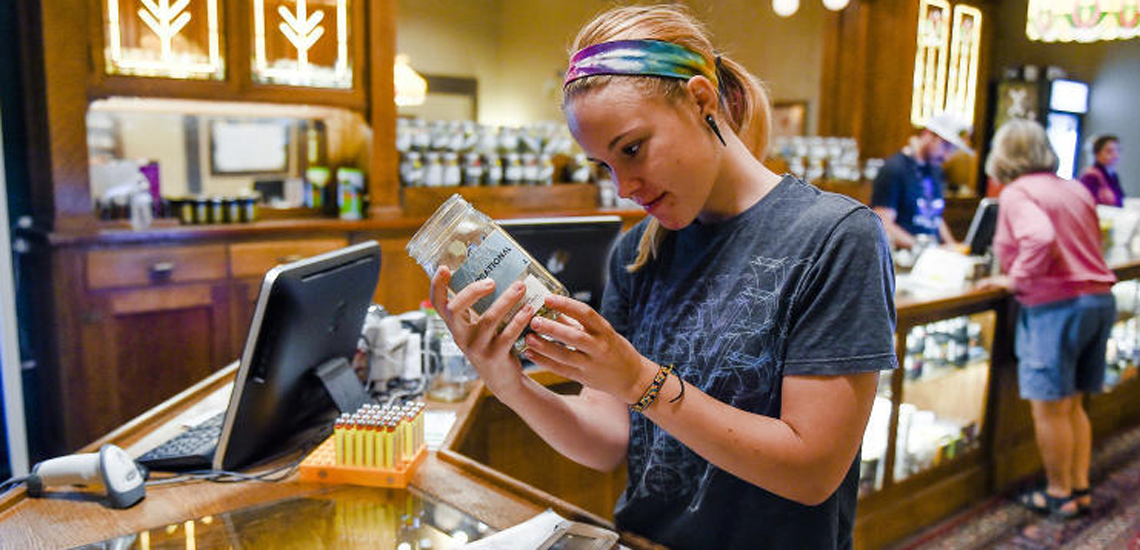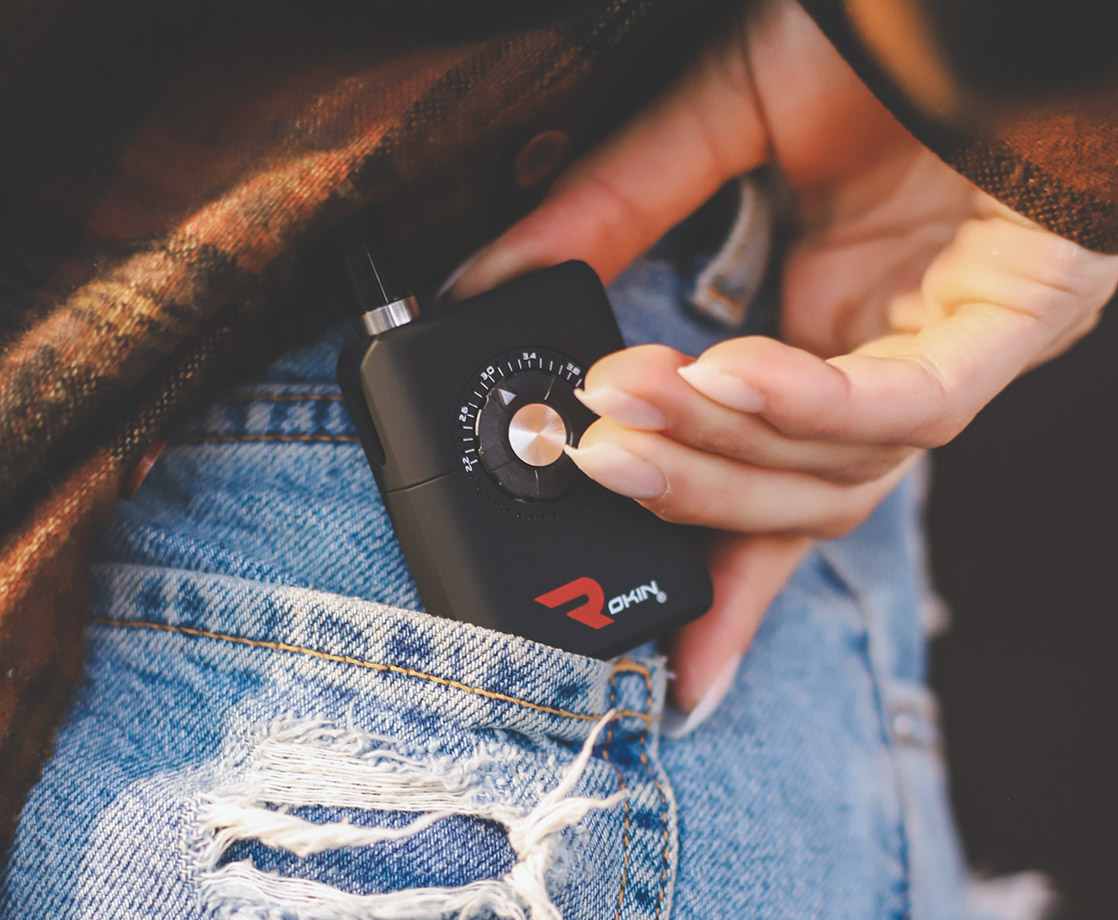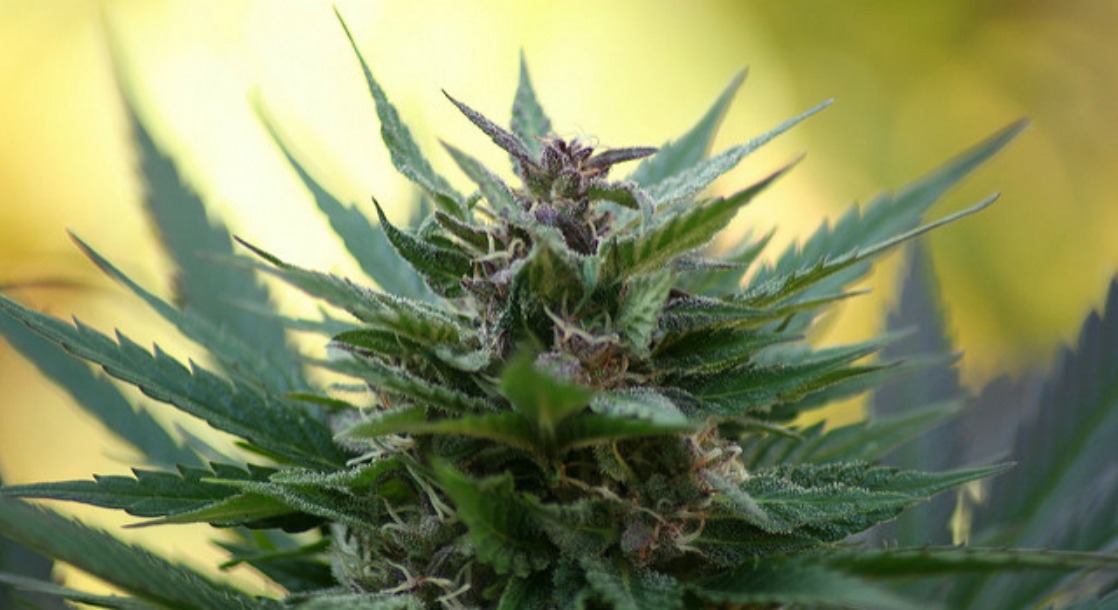Because of a law signed into the Colorado rulebook earlier this year, September 16th will mark the first, and perhaps last, tax-free cannabis day in the Centennial state.
Last year, Colorado collected $58 million in tax revenue from the regulated sale of cannabis for recreational and medicinal use. The state government had projected cannabis taxes to raise $70 million in revenue for Colorado. The projection was not met and the $58 million could now be refunded to Colorado taxpayers.
Enacted in 1992, the Colorado Taxpayer Bill of Rights, better known as TABOR, limits state revenue that exceeds projections. The Bill of Rights states the excess must be refunded to taxpayers. And although it was not cannabis that created the surplus in Colorado’s 2014 state budget, the rebate must come from the newest revenue source, which just happens to be cannabis.
Colorado Governor John Hickenlooper signed Bill HB15-1367 in June of this year making September 16th, 2015 a tax-free cannabis day. This will fulfill the TABOR requirement that the tax return to zero even if only for one day. The state retail ten percent cannabis tax will be waived for 24 hours. Retailers buying wholesale will also enjoy a 15 percent reduction on their cannabis bill Wednesday.
The one day tax waiver is meant to correct a glitch in the numbers, not become an annual event. A tax-free hump day will not cancel the state’s taxpayer refund requirement. In order to keep the already earmarked cannabis tax revenue, voters must decide whether to spend or refund the money.
Colorado’s 2014 cannabis tax revenue was earmarked for schools, education, rehabilitation projects, public awareness campaigns, the teaching of sustainable agriculture and enforcement training. That is $40 million in school construction, $12 million towards youth and regulation initiatives and $6 million for the state discretionary fund.
Getting these funds approved depends on November’s ballot initiative. If voters opt for a refund, the amount is estimated at just a few dollars per person. Keeping the money for schools, drug programming and enforcement has received bipartisan support at the state level.
The commercial cannabis tax will drop from 10 to 7 percent beginning July 1st, 2017. The excise tax will drop from 15 to 10 percent on the same day. The hope is that the reduced rate will help legal cannabis prices keep pace with illegal street prices. Not all users transitioned to the state cannabis industry which may have affected the overestimates in state sales revenue. State Rep. Dan Pabon is quoted as saying that legislation allowing caregivers the right to grow their own cannabis also affected retail sales.
Although not meeting projected levels, cannabis sales have generated a healthy stash for the state coffers. The most recently released figures are for July 2015, where revenue reached an all time high of approximately $12.8 million. This is a respectable increase from July 2014, when collected cannabis tax revenue amounted to just over $7.4 million.
There may be a ten percent sales tax waiver September 16th, but it does not apply to the 2.9 percent in general Colorado sales tax. Other fees and local taxes will still apply such as local taxes and medical marijuana tax. Overall, the discount will amount to about $20 on the ounce. That is money in your pocket and the perfect opportunity to buy in bulk. Cannabis retailers should prepare for long lines and happy customers this coming Wednesday.











